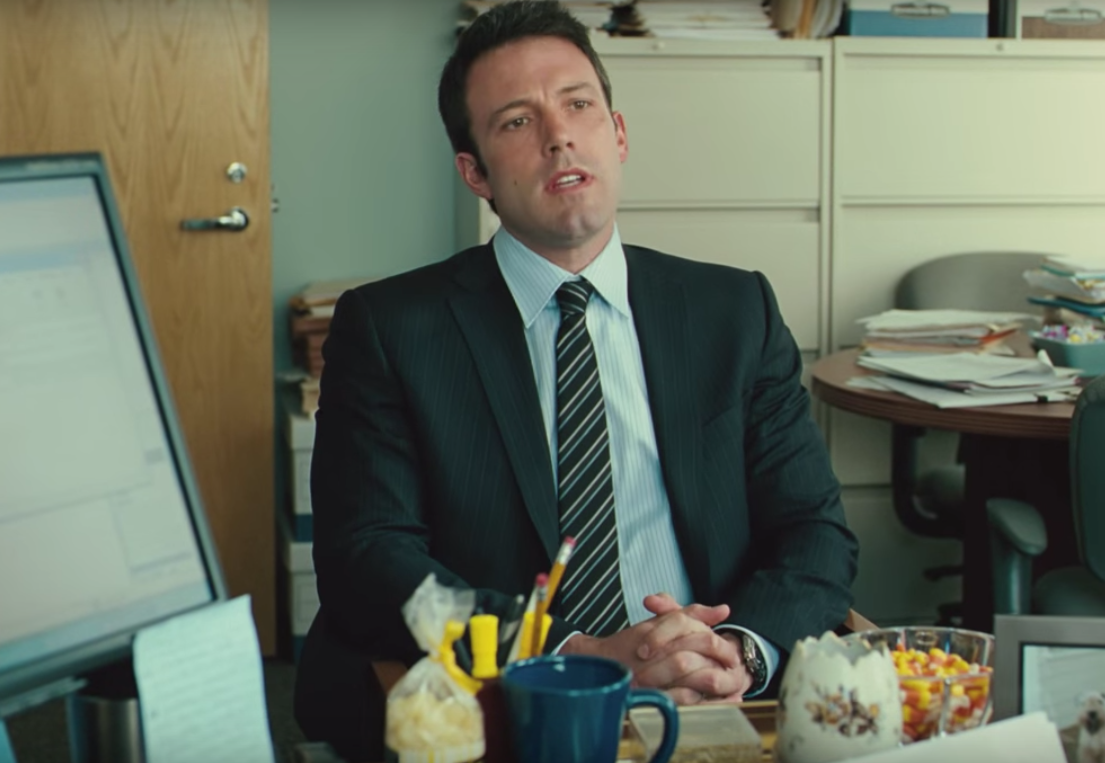7 questions you should never be asked in a job interview
Here's a list of red flag questions interviewers really shouldn't be asking you, and why.

Interviewing for a new job can be nerve-wracking, no matter how experienced you are. Anyone who says they don't suffer from at least a few butterflies is either incredibly confident or a liar.
No matter how hard you prepare, there will probably be some questions that are difficult to answer, and that's okay. However, sometimes we are asked questions in an interview that we are not comfortable with, and you're completely right to feel this way.
You should remember that although you're the one being asked the questions, it's just as important for you to get a good impression of the interviewer. There are actually a few things you don't actually have to answer, and anyone performing an interview should know this, but some employers are craftier than others.
If you're unsure, any personal information is usually off limits, unless it is specifically relevant to the job you are applying for. If you feel uncomfortable answering something, don't be afraid to say so. Any employer that isn't okay with this probably isn't worth working for anyway.
For clarification, here's a list of red flag questions interviewers really shouldn't be asking you, and why.
1. Are you married?

According to the government's website, employers cannot discriminate against anyone because of their "protected characteristics." This includes whether you are are married, single or in a civil partnership. You have no reason to disclose this information. The interviewer might be asking innocently, but others may be trying to discriminate because they are trying to determine your sexual orientation. These personal details have no bearing on your ability to do the job, so recruitment company Reed's website recommends you answer with: "I like to keep my personal and professional life separate."
What they can ask: "Are there any current commitments you can think of which could affect your ability to do this job?"
2. How old are you?

It is also illegal to discriminate against someone because of their age. Of course, you need to be over 18 years old to sell certain products like alcohol and tobacco, so you might have to state that you're old enough. However, any prodding further on the issue could be seen as discrimination. Be careful if the hiring manager asks for your date of birth for their records, because they could be subtly trying to find out your age. Craftier employers might ask how long you want to work before retirement, but this also isn't allowed.
What they can ask: "Are you over 18?"
3. Do you have / do you want children?

It is illegal to discriminate against someone if they have children, are pregnant, or are planning to start a family. Some employers might ask you how old you are to try and work out whether you're likely to start having children. Pretty much all questions about your personal life aren't relevant to the role, and you don't have to answer them.
4. How many sick days did you take at your last job?

In general, an interviewer shouldn't ask you about your health or disability issues before offering you a job. Sick days in your last role fall into this category. However, an employer can ask about this subject if they need to determine whether adjustments need to be made to accommodate the candidate. You can ask if this is the case and answer accordingly.
Once they have offered you a position, an employer can inquire further about your health, but only if it relates to how well you can perform the job. This is outlined in the Equality Act (2010.)
What they can ask: "Do you have any specific needs or requirements to be able to perform this job effectively?"
5. Do you have any previous criminal convictions?

You don't have to tell an interviewer about any criminal convictions that are spent. Employers have to treat the applicant as if the conviction didn't happen, and it is against the law to discriminate against someone and not employ them because of the conviction. Applying for a job in schools is an exception to this rule. If you are unsure, the Reed website recommends you ask "how does this relate to the role I'm applying for?"
What they can ask: "Are there any reasons why you may not legally be able to take this position?"
6. What religion are you?

Again, this question falls under protected characteristics, and there is no reason you should have to answer it. Unless of course you're applying for a religious position like a priest or rabbi. The same goes for race, ethnicity, and the country you are from. It is illegal for an employer not to offer you a job because of any of these things.
What they can ask: "Can you think of any personal reasons you might not be suitable for this role?
7. Are you a trade union member?

The government's website states you must not use the fact someone is a member of a trade union for or against them when deciding whether to employ them. This includes not employing someone because they are a member and also insisting someone joins one before you offer them a job.
What they can ask: "Can you think of any conflicts of interest in your applying for this role?"
• How to make your marriage last
• Men reveal the biggest changes they made to be better at dating
• 11 things people think are terrible for your diet that actually aren't
Read the original article on Business Insider UK. © 2016. Follow Business Insider UK on Twitter.
Join our commenting forum
Join thought-provoking conversations, follow other Independent readers and see their replies
Comments
Bookmark popover
Removed from bookmarks